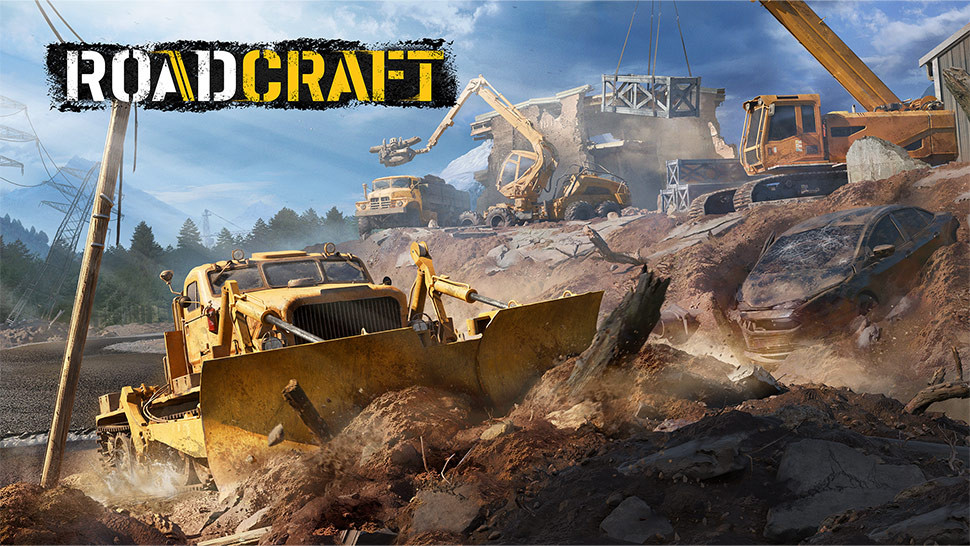FTL: Faster than Light Review
 By Kevin Mitchell | Oct 8, 2012
By Kevin Mitchell | Oct 8, 2012
Captain's Log, Stardate 9141.2. We have entered the first sector of an unknown star system on a critical mission to deliver an intercepted data packet to the Federation fleet. A rebel fleet in pursuit forces us to jump blindly through different sectors to avoid capture. Our three-man crew will not be enough, and I fear if we do not expand, we will be unable to complete our mission. Furthermore... we've been boarded. This will be my last...
If you ever wondered what it would be like to manage a spaceship – and who hasn't – FTL lets you dive head-first with your own ship and crew into the vast void of space as you travel through the stars. You won't find an extensive single-player campaign, but what you will find is a blend of role-playing and roguelike elements. One game may only last a few minutes before you are boarded with no way to defend your spaceship, and other times you may be in control of the same crew for over an hour before reaching the final sector and going head-to-head against the rebel fleet mothership. There is a set amount of luck required, but it is your choices that will determine whether or not you survive your journey.
Using your ragtag crew, you are able to defend your spaceship through various systems. I would avoid changing the crew members' names to loved ones and friends, as more often than not, your crew will wind up dead with only yourself to blame. As much as you may try, there are no ways around it: you will die again and again. A boarding party may beam aboard your ship and beat your crew to death, they may get sucked out an airlock, or if you are lucky, your ship will explode, killing the crew instantly.
There are a plethora of different strategies that can be used to defend your spaceship, and depending on your vessel, you may have to change your survival strategy. Proper power management is a must. Each portion of the ship requires a set amount of power to function, and with a finite amount of energy to distribute, you are in a constant struggle of micromanaging. Save a space station and get rewarded with a new weapon that will start fires on an enemy ship, but it requires double the amount of energy that is currently being allocated to your weapons system. You may have to temporarily remove the power from one system – such as the med bay – to power another – just remember to turn it back on.
Using scrap, which acts as the currency in the game, you are able to dock at shops and purchase additional missiles, pay for hull repairs, or purchase new equipment or crew members. It also acts as the point system to upgrade each of the systems on your ship. You must juggle your scrap as it does not flow easily, with the loot after a battle only yielding a couple pieces of scrap at a time.
At times the game may feel cheap and leave you frustrated with the overall difficulty and randomness, to the point where you may get through a few systems consecutively with no problems and then suddenly the next three systems will leave you broken and defeated. Choices – choices of what system you jump to and how you handle a situation – will keep you alive or may leave you forever drifting in the vast void of space. Jump to a system where you can potentially gain a new crew member, and he may join you or he might board your ship and try to kill everyone on board. If he does join you, however, he may speak an alien language that will help you pass safely through the next few star systems.
Simply Put
Starting as a Kickstarter project, FTL has blossomed into one of the best indie games released this year. New ships become unlocked by completing various hidden objectives. I do wish there was a more straightforward way to unlock them because trying new things is the main reason to come back and play again. The boss fight at the end is an overall frustrating experience and feels out of place with the rest of the game. Even with that, FTL is a remarkable indie experience that anyone can enjoy for a few minutes or for a few hours.
Note: FTL: Faster than Light was reviewed on PC. A digital copy of the game was provided by the publisher/developer.




